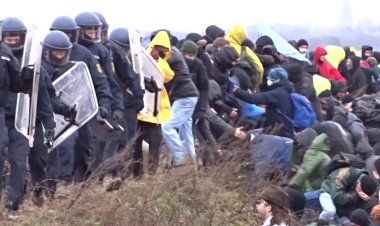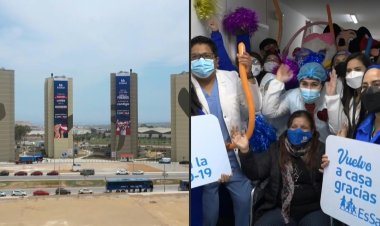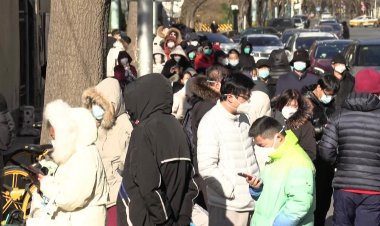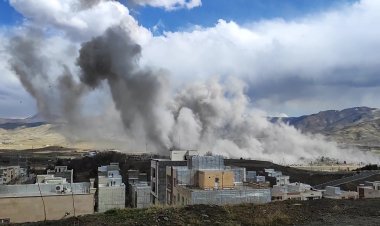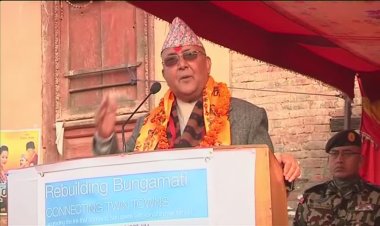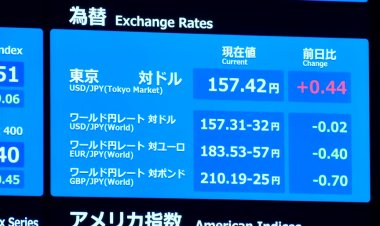Bangladesh Students Protest Job Quota System
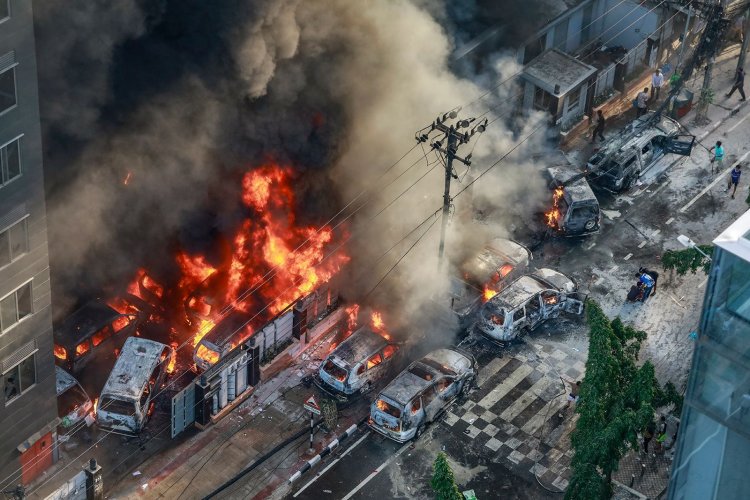
In Bangladesh, ongoing protests against the government's job quota system have intensified, leading to clashes and injuries among students and police. The protests, which began earlier this month, escalated after the High Court ordered the restoration of a 30% job quota for descendants of freedom fighters. This decision sparked anger among students who demand a merit-based system instead of quotas.
Thousands of students from various universities, including Dhaka University, have taken to the streets, leading to violent confrontations with pro-government groups. The protesters argue that the quota system is outdated and unfair, calling for its complete abolition and a return to the 2018 policy that removed these quotas.
Prime Minister Sheikh Hasina's refusal to meet the students' demands has further fueled the unrest. She labeled opponents of the quota system as traitors, which prompted a massive midnight protest at Dhaka University. Despite the government's attempts to control the situation, the protests continue to grow, with students planning more marches and rallies across the country.
The issue of job quotas in Bangladesh dates back to 1972, aimed at compensating war-affected populations. However, over the years, this system has faced criticism and calls for reform due to its perceived inefficiency and unfairness. The current protests represent a significant challenge to Hasina's administration, which is accused of suppressing dissent and manipulating the system to maintain control.
Adding to the complexity of the situation, the protests have also shed light on broader issues of governance and accountability within the country.






